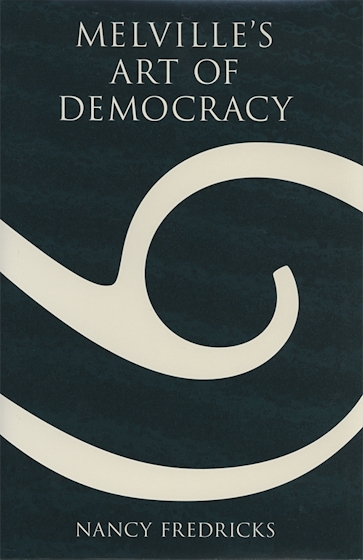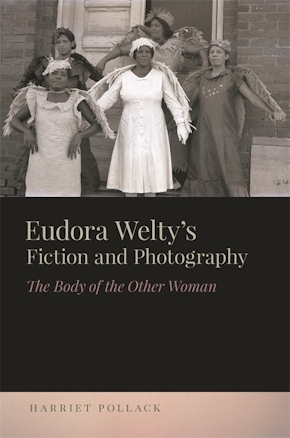Melville's Art of Democracy
Title Details
Pages: 168
Trim size: 6.000in x 9.000in
Formats
Hardcover
Pub Date: 06/01/1995
ISBN: 9-780-8203-1682-6
List Price: $43.95
Related Subjects
Melville's Art of Democracy
Skip to
- Description
Was Herman Melville, one of the most canonical of American authors, an early practitioner and advocate of multiculturalism? In Melville's Art of Democracy, Nancy Fredricks examines Melville's search for literary strategies compatible with egalitarian, democratic, and multicultural values. Fredricks argues that Melville's concern with the limits of representation is central both to his literary aesthetic and to his interest in exploring the "unrepresentedness" of marginalized social groups, including women, ethnic minorities, and the underclass. Through readings of Moby-Dick and Pierre, as well as some of Melville's short stories, the author traces the development of Melville's egalitarian aesthetic in relation to Kant's critique of fanaticism and theory of the sublime and contemporaneous developments in nineteenth-century American landscape painting, theater, and the philosophy of music.
By focusing on questions of gender, class, and ethnicity, Fredricks accounts for neglected and often misunderstood aspects of Melville's work that reflect his sympathies with the radical-democrat movement. The author investigates the politics of Melville's aesthetic through his engagement with popular melodrama, his valorization of music, his sympathetic treatment of the "tinhorn rebellion" in upstate New York, his critique of typology, and his use of such formal devices as the diptych structure Fredricks claims links Moby-Dick and Pierre. Finally, Fredricks considers her own experience as a feminist reader of Melville while juxtaposing his treatment of lower- and working-class women with nineteenth-century discourses on gender, genre, and the sublime.
This challenging and timely study demonstrates that the problems Melville faced as a writer--the relationship between politics and aesthetics and the representation of the marginalized without appropriation--are similar to issues faced in the academy today.



